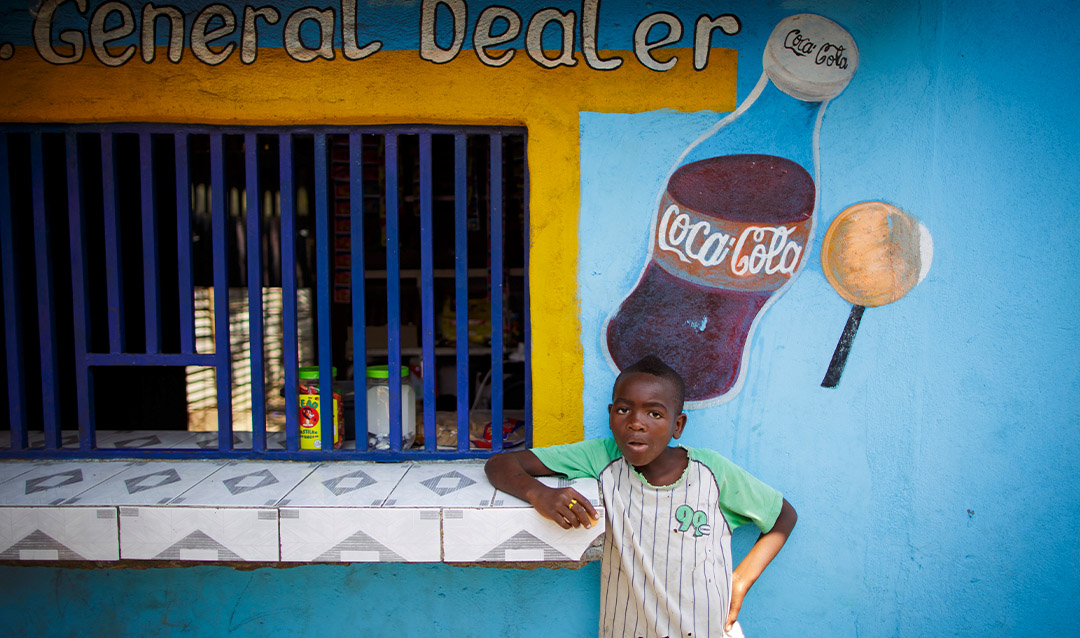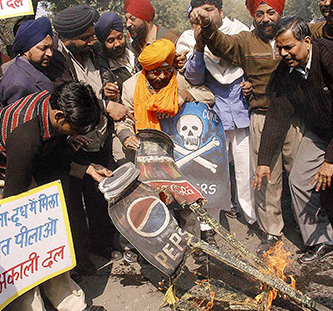In the United States, the commercial determinants of health are well known. Criticism over processed food and soda companies and their products has rapidly grown, resulting in policy changes that support healthier decision-making for consumers.
But protective policies in some emerging economies are nearly non-existent, contributing to factors such as obesity and type-2 diabetes, especially in children and the poor in underdeveloped communities. Limited sales and marketing regulations, paired with manipulative partnerships, have allowed these companies to thrive.
What motivates ultra-processed food companies like PepsiCo, Coca-Cola and Nestle to invest in emerging markets in countries such as Mexico, India, Brazil, China and South Africa? And to what extent are they influencing political policy?
Eduardo J. Gómez, associate professor in Lehigh’s College of Health and director of the Institute for Health Policy and Politics, investigates these questions and shares his findings in his latest book, Junk Food Politics: How Beverage and Fast Food Industries Are Reshaping Emerging Economies, published by Johns Hopkins University Press. In his book, Gómez provides a historical analysis of the rise and influence of major soda and ultra-processed food industries in several emerging economies, and looks specifically at why these industries emerged in these countries and what impact they have had on politics, policy and society.






